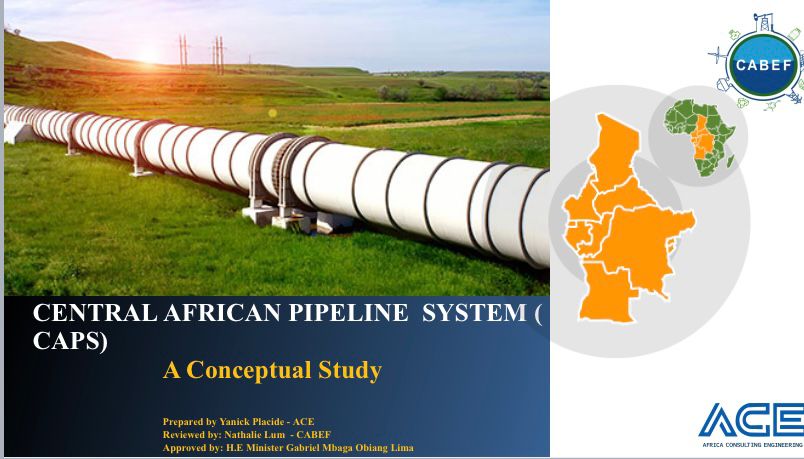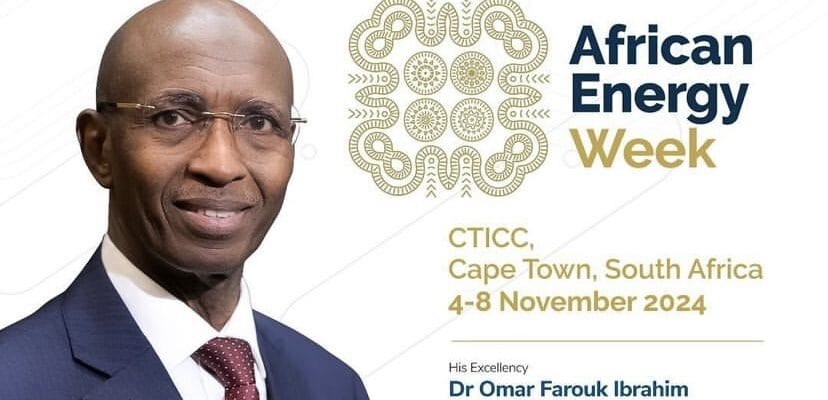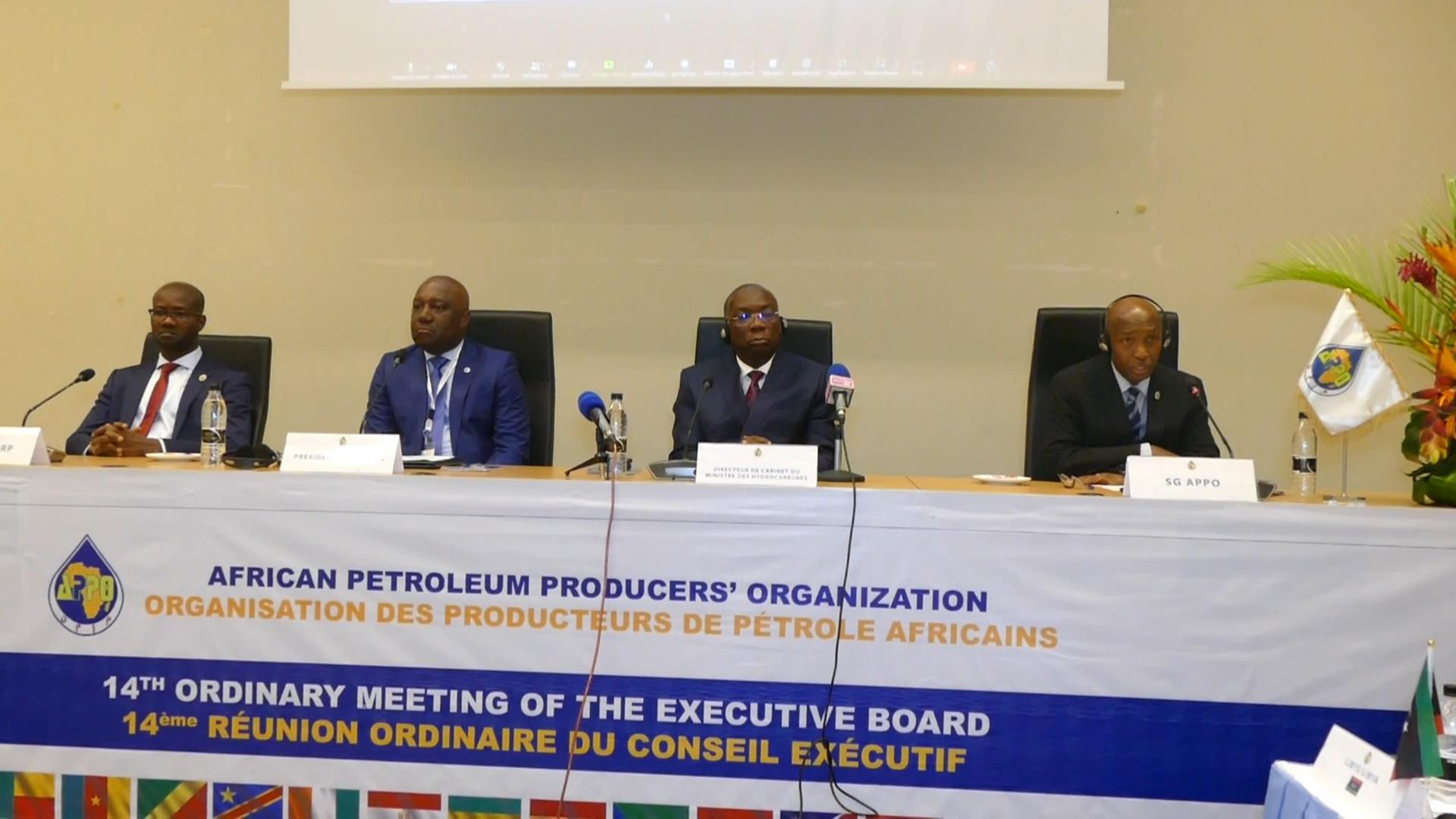Final Communique
APPO – PCG
Roundtable on Gas Flaring and Fugitive Methane Emissions
Date: May 21-22, 2024
Location: Labadi Beach Hotel, Accra Ghana.
Background:
The APPO Roundtable on Gas Flaring and Fugitive Methane Emissions was held on 21st and 22nd May 2024, in Accra, Republic of Ghana. It was co-organised and thankfully hosted by the Petroleum Commission of Ghana. The conference was attended by MCs’ delegates, Representatives, and experts from the Ministries in charge of Hydrocarbons, National Oil Companies, Industry and Environment Regulators, Oil and Gas Operators and Service Providers, and Academia.
Under the theme ‘‘Towards Zero Routine Gas Flaring and Lower Methane Emissions in APPO Oil and Gas Operations’’, the Roundtable aimed to bring APPO Member Countries and other Industry Stakeholders to discuss the latest developments and strategies on how to minimise routine gas flaring and methane emissions in the operations of the oil and gas industry. The participants appreciated the organization of the Round Table (RT) as a platform for in-depth discussions, knowledge sharing, and the development of strategic actions to mitigate gas flaring and fugitive methane emissions in Africa.
Key outcome and the way forward :
- Recognition of the Environmental and Economic Impacts:
The participants recognised the environmental impacts of routine gas flaring of associated gas and fugitive methane emissions, and their contributions to climate change. Improving environmental credentials is one of the Strategic Objectives of APPO and its Member Counties (MC)s. Additionally, the RT acknowledged the economic losses associated with these practices and the potential for resource optimisation.
- Commitment to Reducing Gas Flaring and Methane Emissions:
The participants committed to intensifying efforts to reduce unnecessary gas flaring and methane emissions through the implementation of stricter regulations, adoption of best practices, implementation of preventive maintenance and investment in technologies that capture and utilise associated gas. It was established that when developing green field projects, gas flaring is not tolerated and provision of facilities to utilize the produced associated gas should be mandated. For the operating facilities, efforts are being implemented to monitor and eliminate routine gas flaring and methane emissions.
- Enhancing Energy Accessibility
The participants agreed that in addition to minimizing industry impacts on the environment, all available natural gas resources should be commercially utilized to support energy availability and accessibility on the continent.
- Collaboration and Knowledge Sharing:
The participants emphasised the importance of collaboration among Member Countries and other stakeholders in knowledge sharing, technologies development and innovation, and applying best practices to effectively address gas flaring and methane emissions. This would be done through workshops, training programmes, joint projects, development and implementation of common strategies.
- Policy and Regulatory Frameworks:
The participants recognised the significant role of robust policy and regulatory institutions and frameworks to support the reduction of gas flaring and methane emissions and improve the overall performance of the industry and committed to review, monitor, enforce and strengthen the policies and regulatory frameworks to align with global best practices and standards.
- Research, Development and collaboration with Academia:
The participants recommended that collaboration is established and supported among the industry, the regulators, and the academia to support research and development initiatives aiming at finding innovative solutions to reduce gas flaring and methane emissions and to ensure that the dynamic requirements of the industry are accounted for in academic curricula and papers.
- Monitoring and Reporting Progress:
The participants recognized the need to establish robust monitoring and reporting mechanisms to monitor gas flaring and methane emissions and progress made by all stakeholders in this regard. This includes setting measurable targets, regular reporting, and third-party verification.
- Investments in infrastructure
The Participants agreed that host governments must lead the development of requisite infrastructure for effective utilization of associated gas to minimize gas flaring and maximise economic benefits.
- Public Awareness and Stakeholder Engagement:
The participants recognised the importance of raising public awareness and engaging stakeholders, including local communities, industry players, and non-governmental organisations to ensure transparent communication and inclusive dialogue is established and all are properly engaged in the process.
- Shared Responsibility
The participants agreed that the primary responsibility for investments in reducing gas flaring and fugitive methane emission technologies lies with both governments and oil and gas companies. Governments should combine both performance-based regulations focusing on creating ideal economic conditions for companies to voluntarily reduce emissions and prescriptive regulation to enforce compliance with emission targets.
- Establishment of Regional Centers of Excellence
MCs agreed to establish Regional Centers of Excellence as part of APPO efforts to boost R&D and develop the regional oil and gas industry on the back of indigenous knowledge and innovation.
The APPO Member Countries’ delegates and participants, reaffirm their commitment to tackling the challenges of gas flaring and fugitive methane emissions, through collaborative efforts, robust policies, and innovative solutions, aimed at protecting the environment, optimising the utilization of resources, and contributing to the global efforts in mitigating climate change. All industry stakeholders are urged to join this imperative endeavour. The participants thank the APPO Secretariat for organizing the event and Ghana, the Ministry of Energy and the Petroleum Commission-Ghana for the hospitality and for hosting the event.
DATED IN ACCRA, GHANA, THIS 22ND DAY OF MAY 2024



